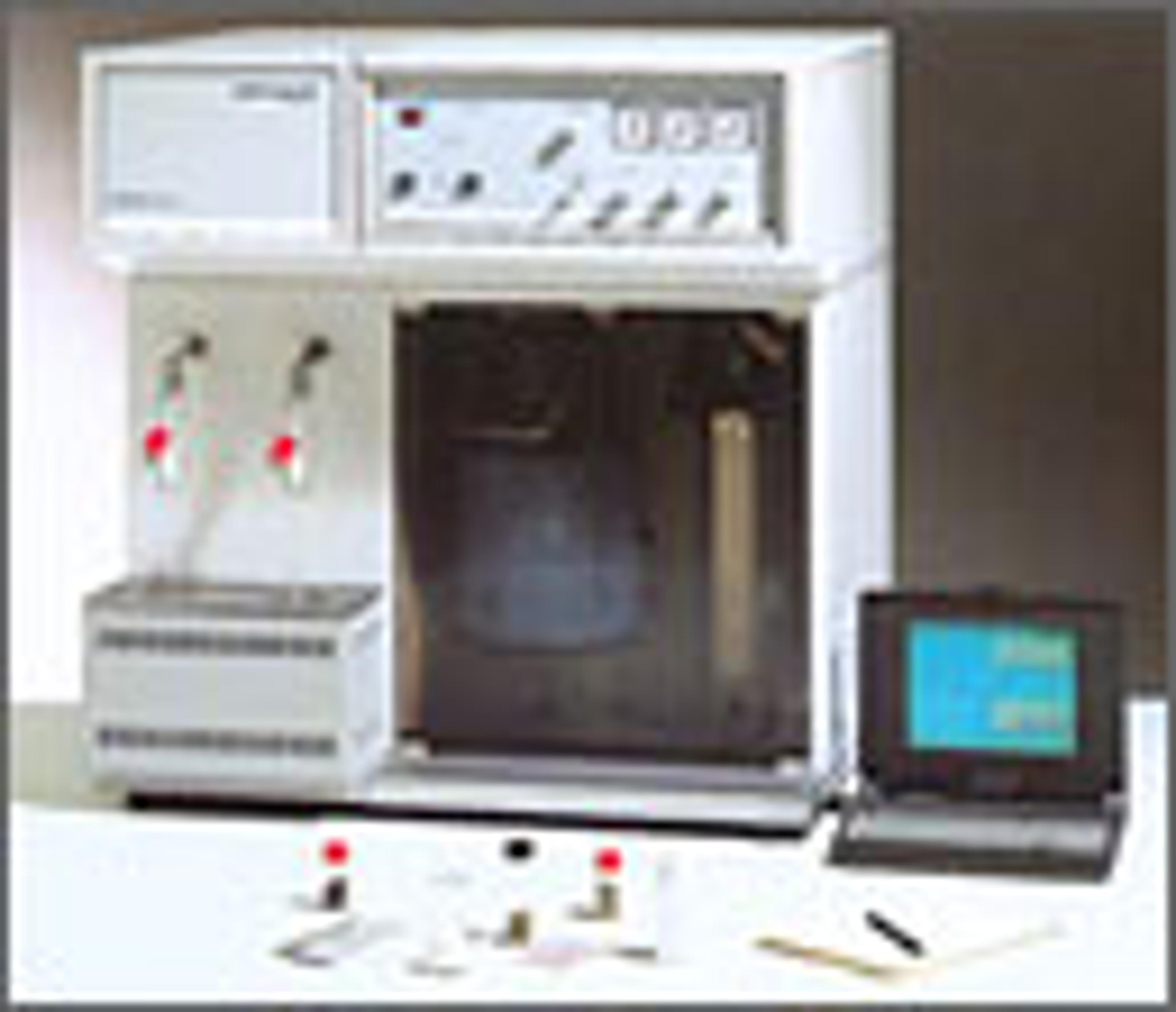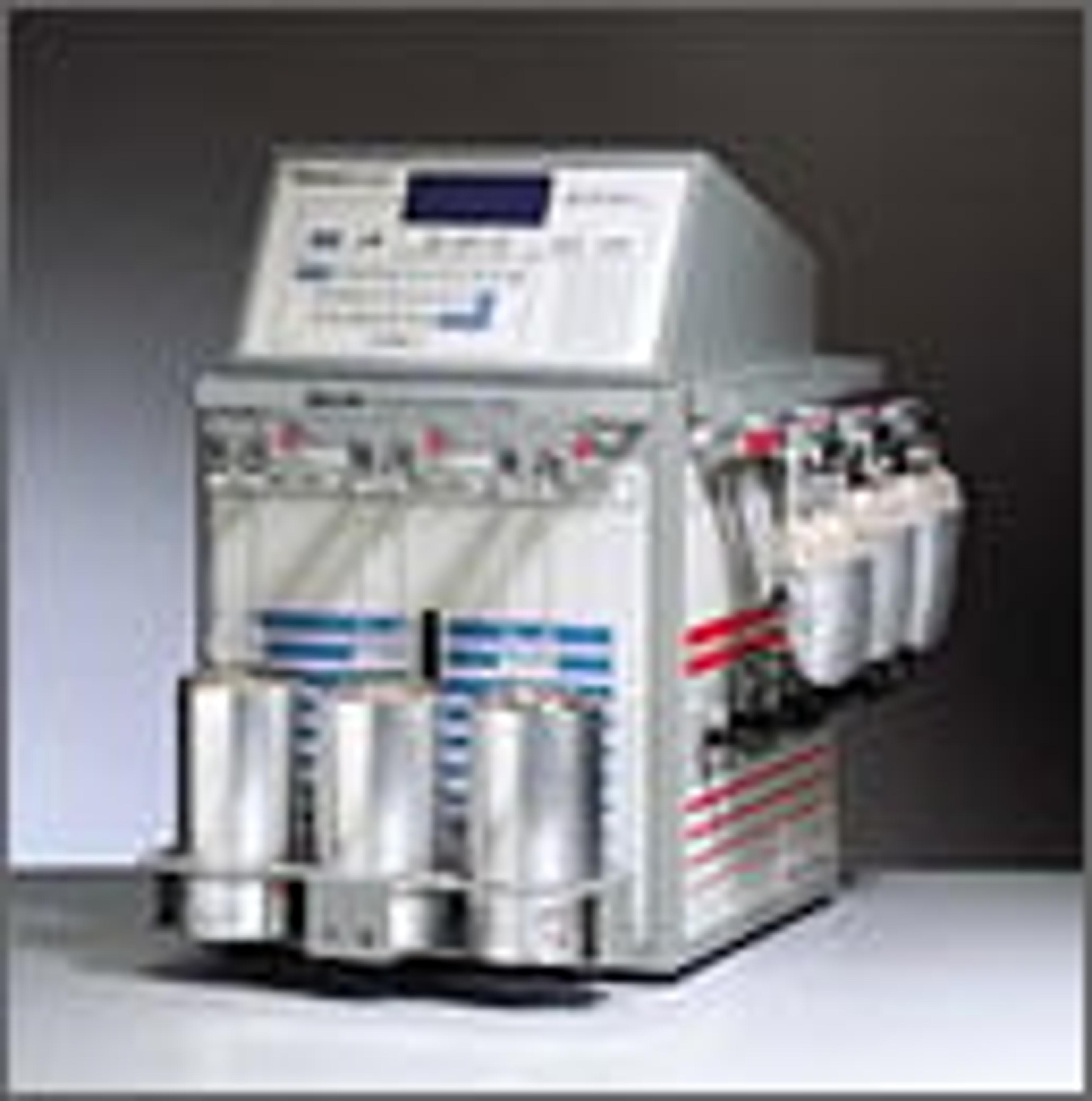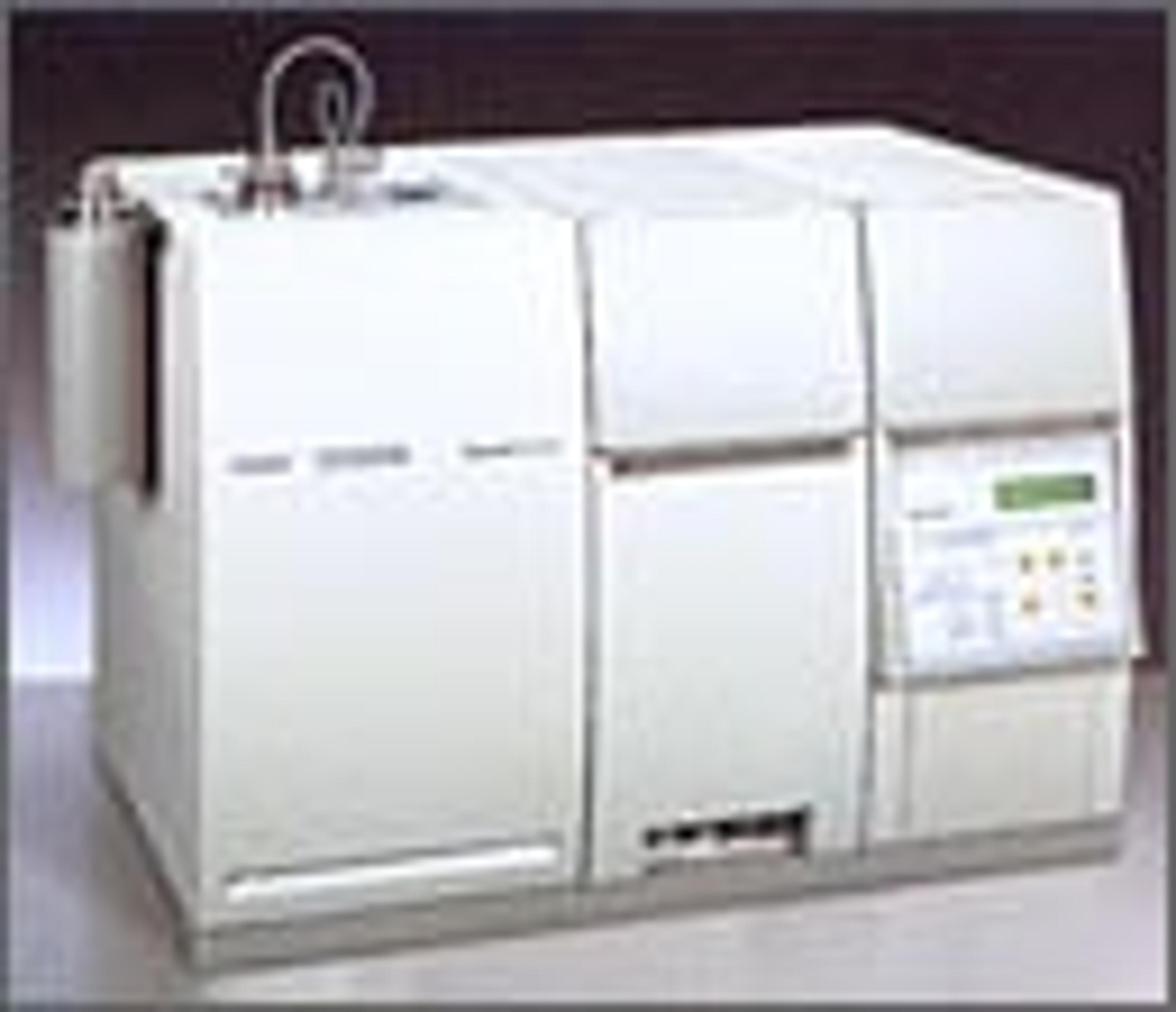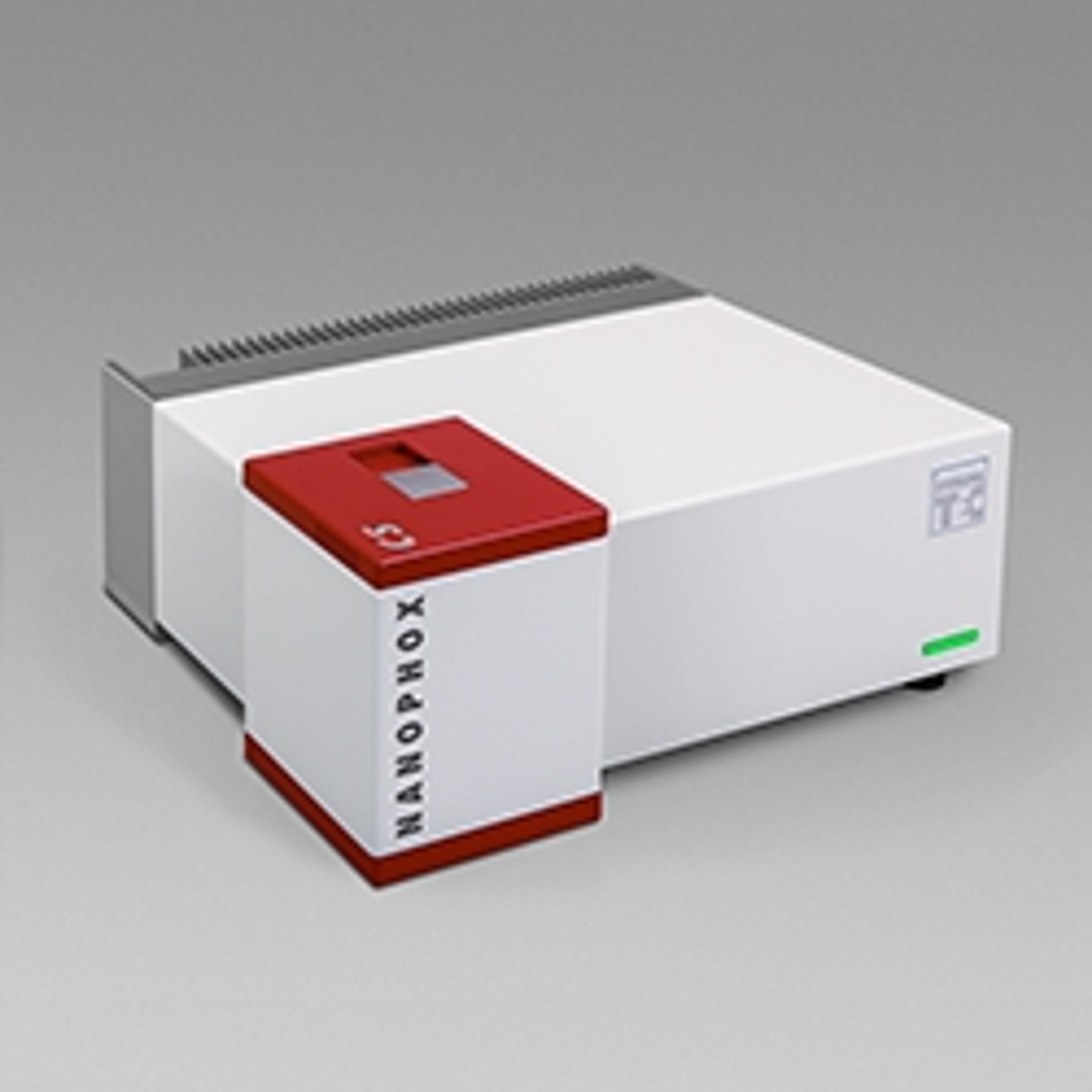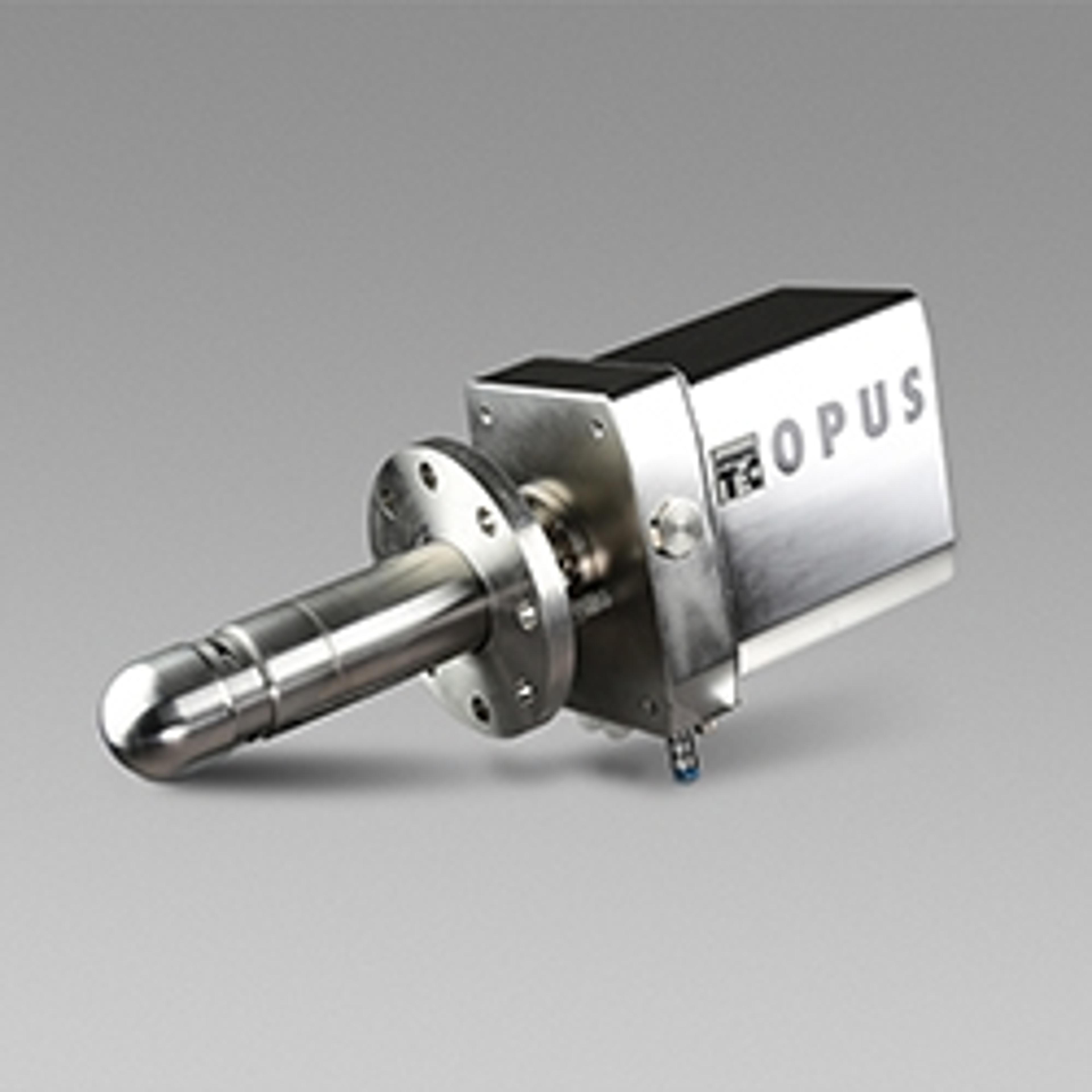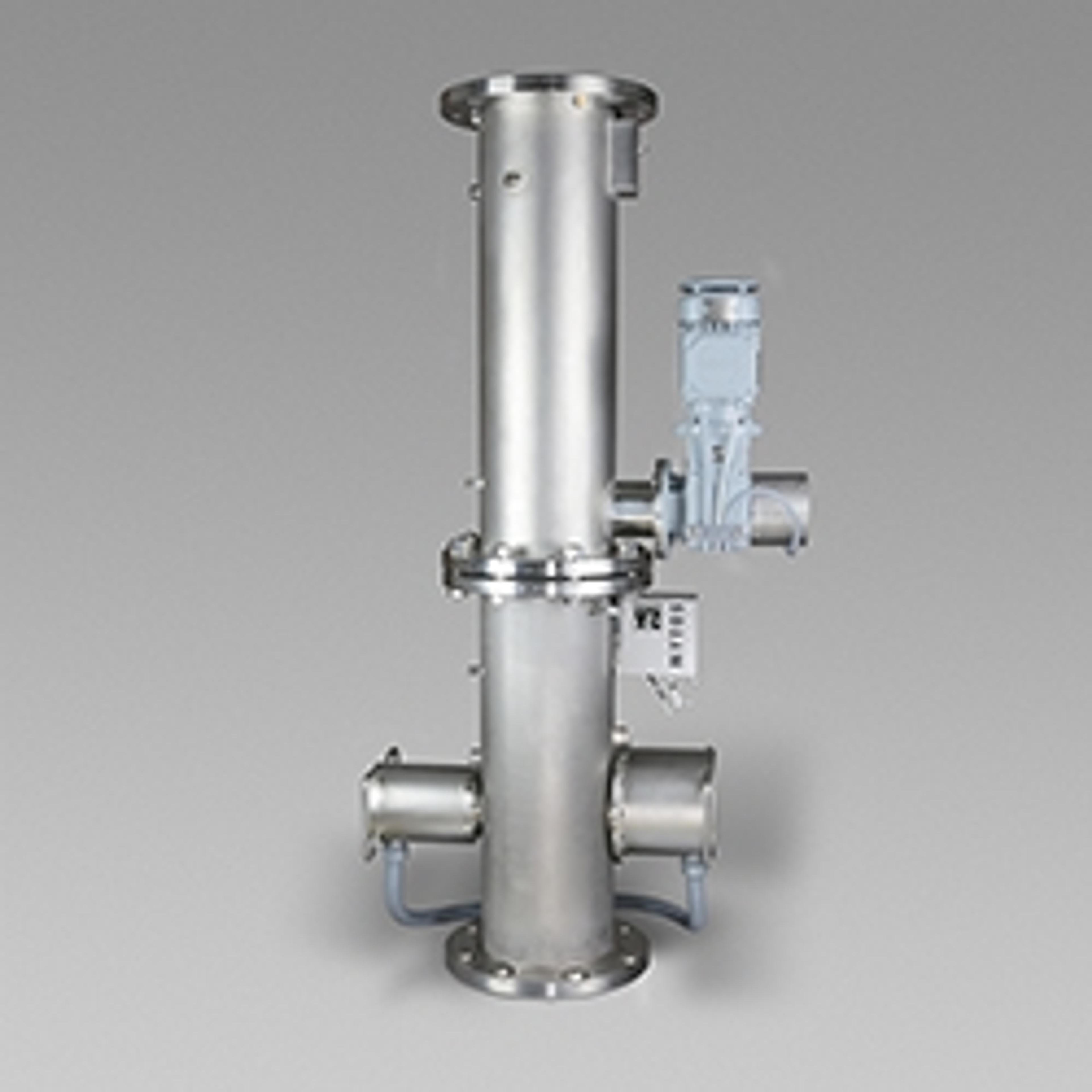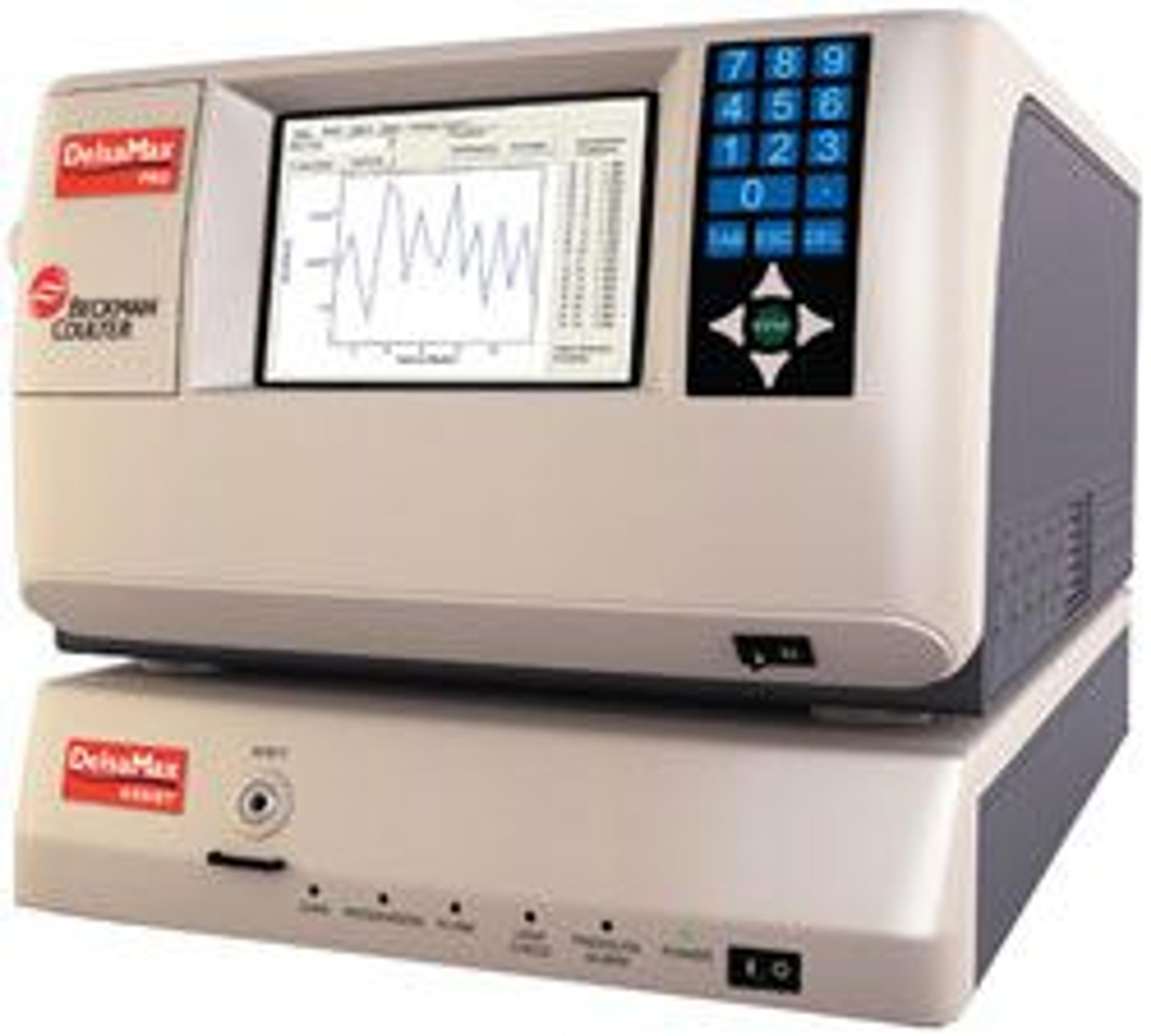Sorptomatic
Thermo Fisher ScientificSpeed, reliability and ease of use in physisorption and chemisorptionThe advanced automation, the analytical performance and the versatility of the Sorptomatic make it the ideal tool for reliable, fast and simple characterization of solids, powders or activated surfaces. The Sorptomatic, using the static volumetric gas adsorption method, can easily and precisely determine properties like the specific surface area and meso-micr…

